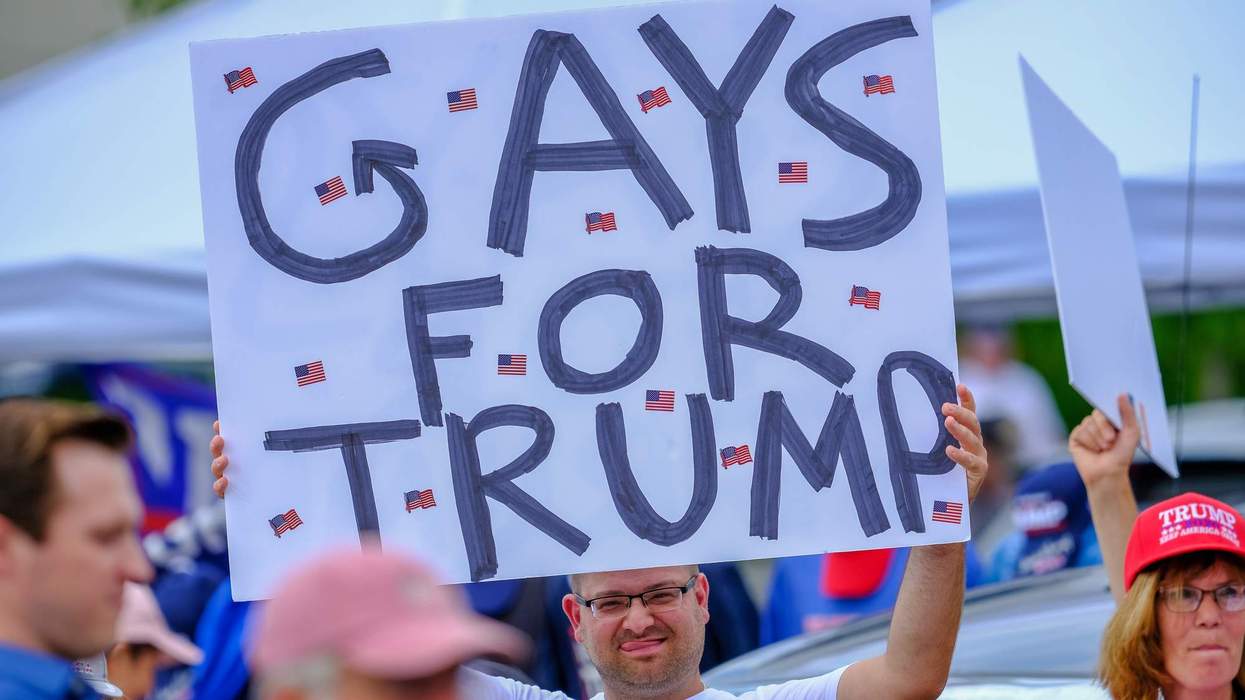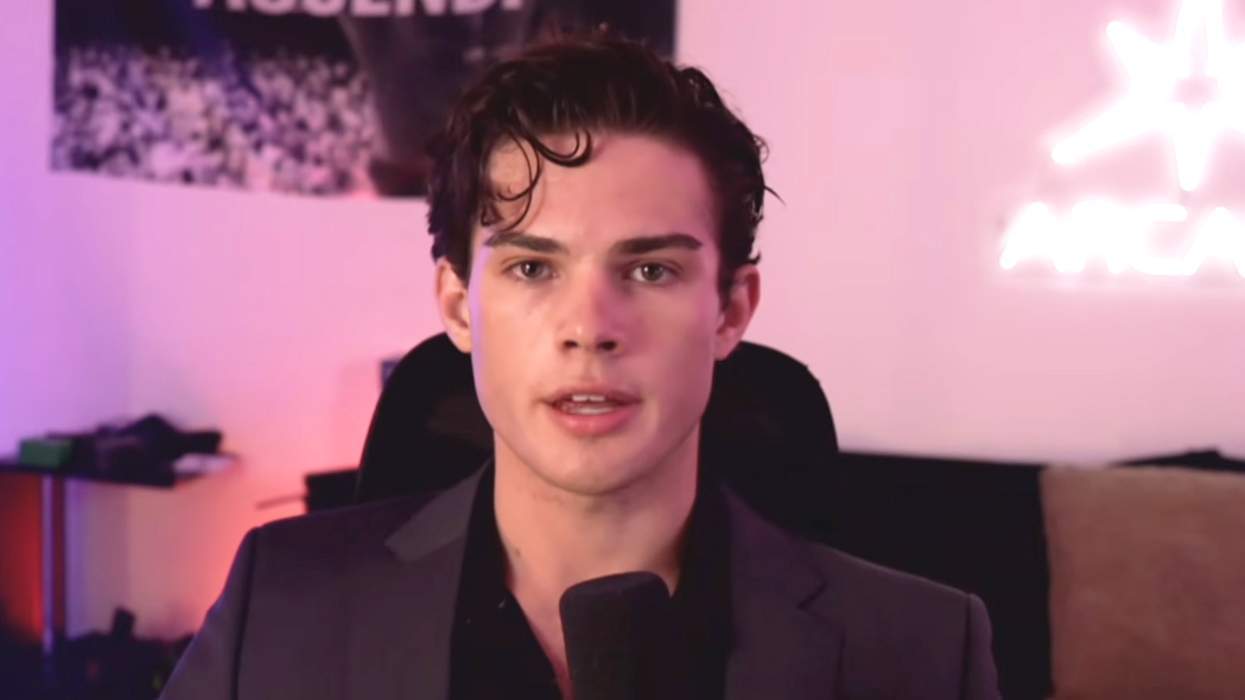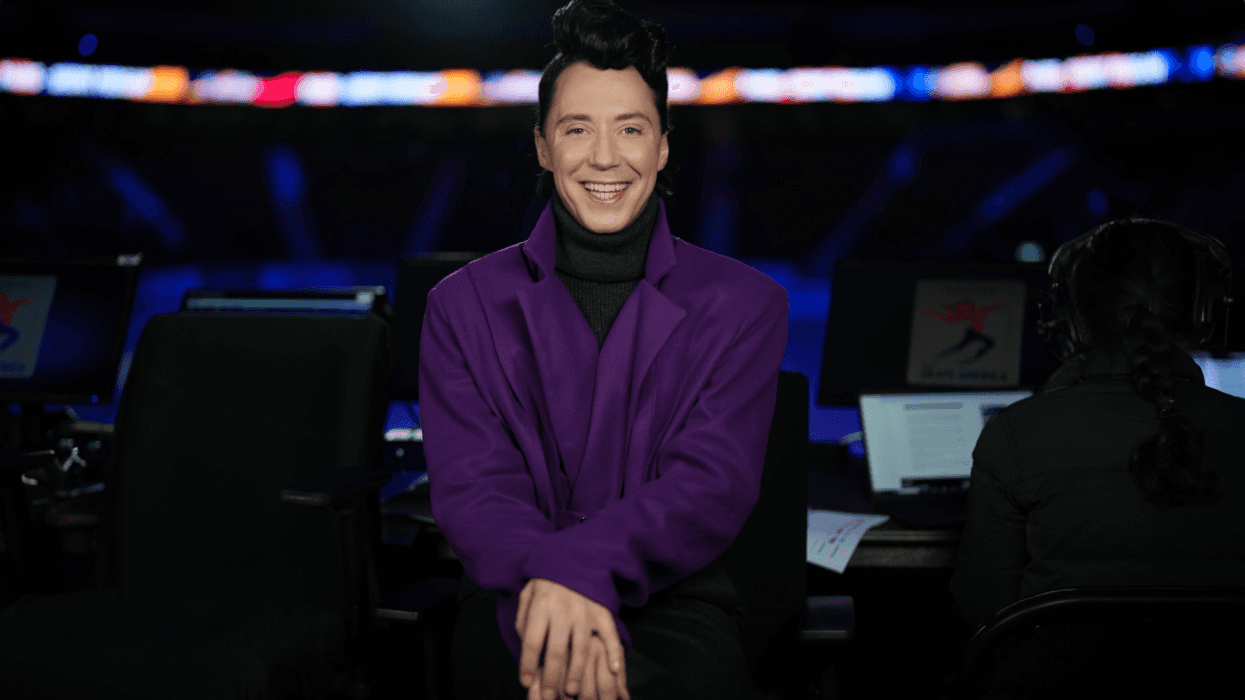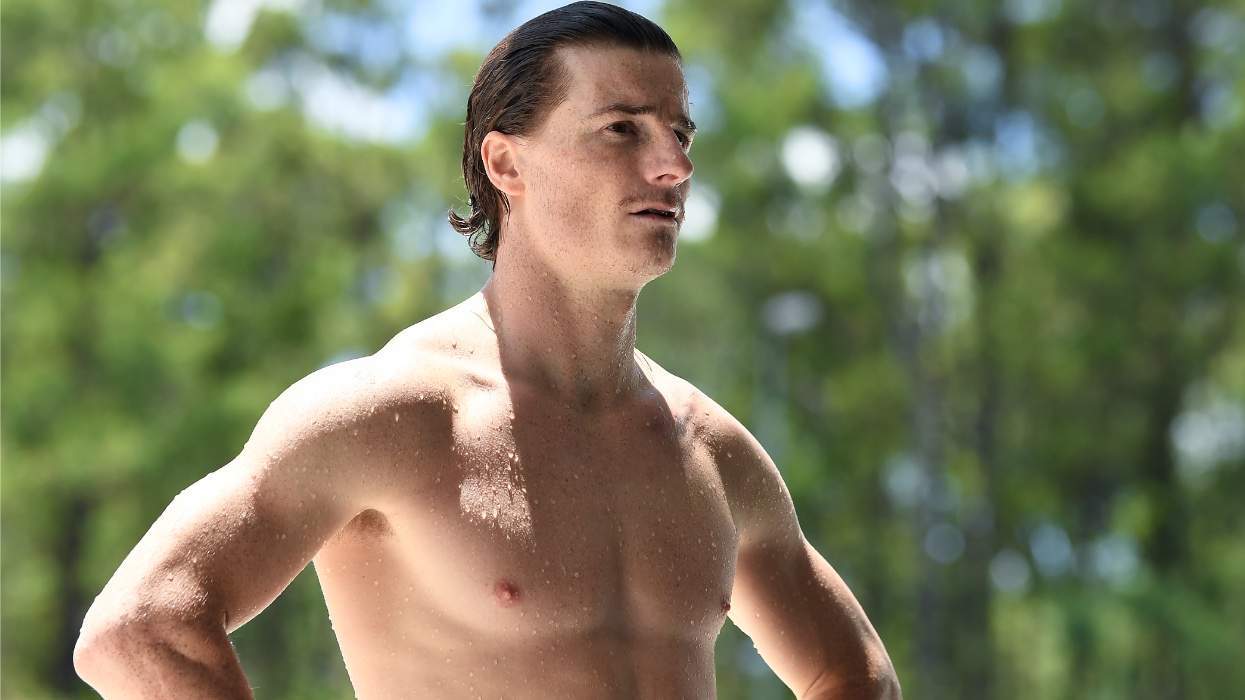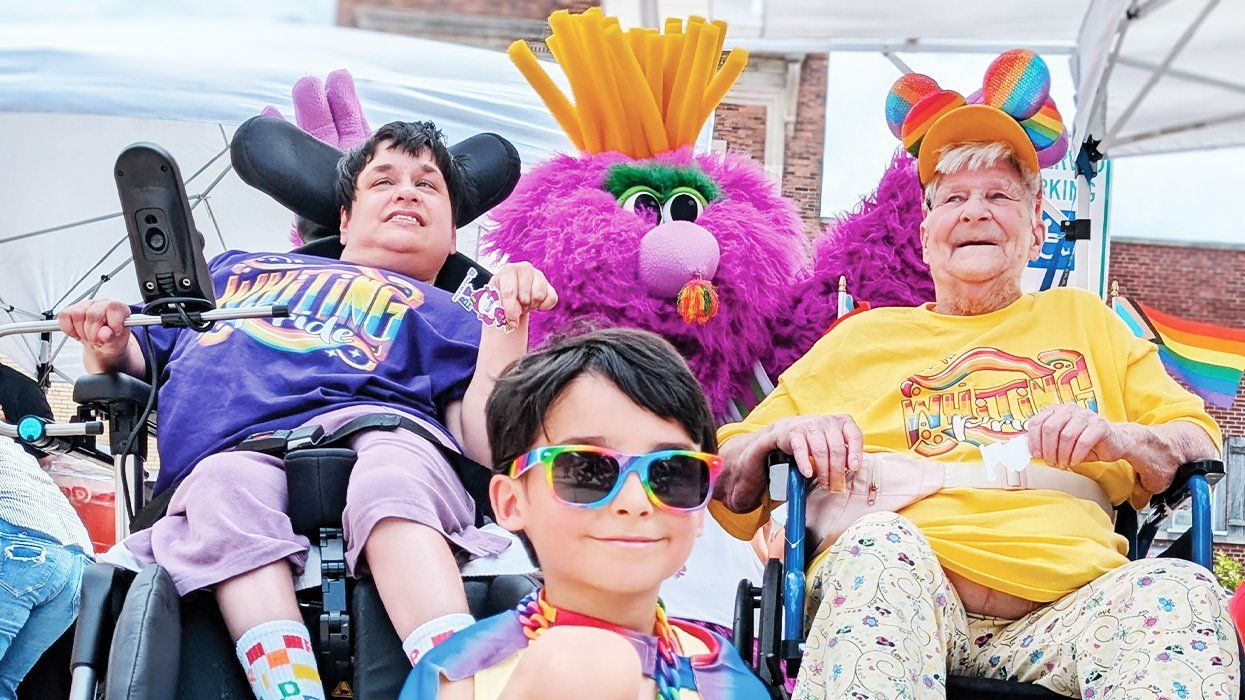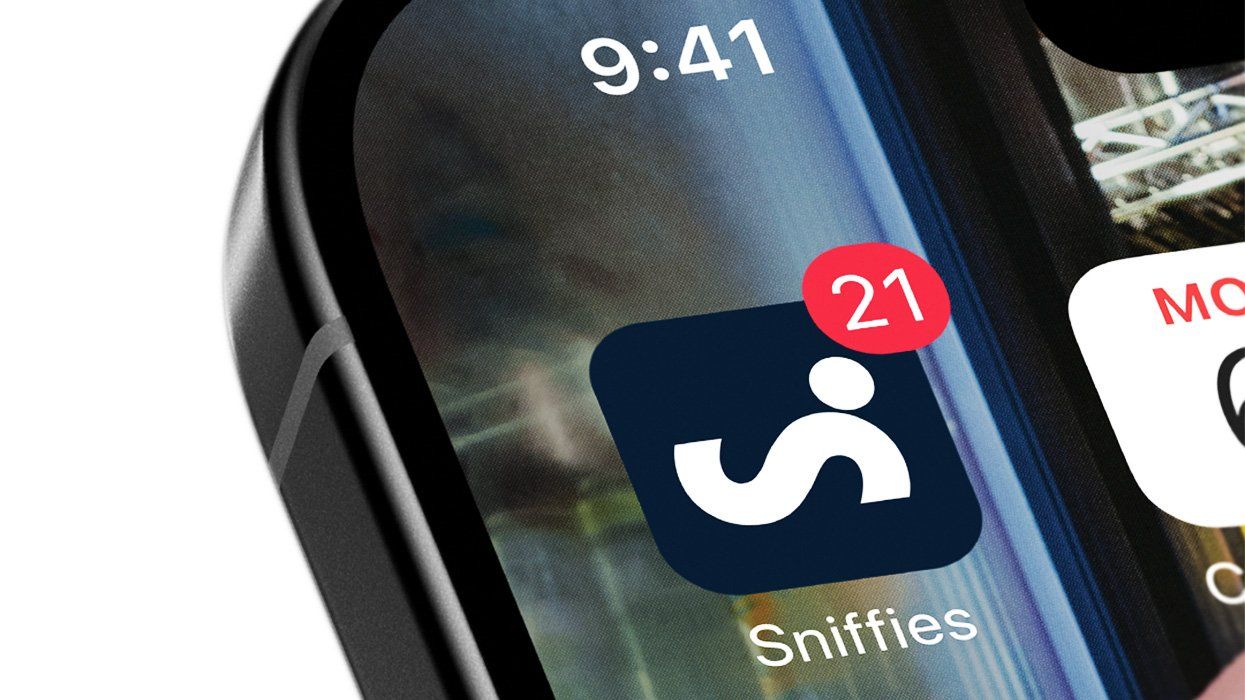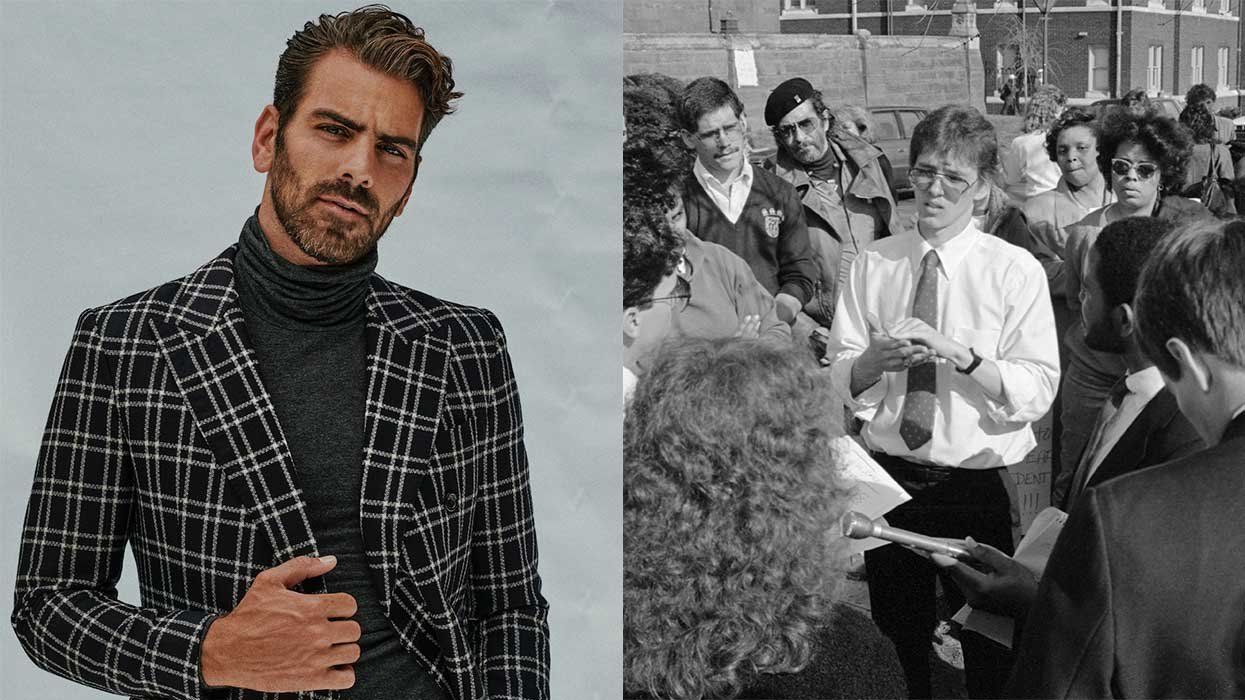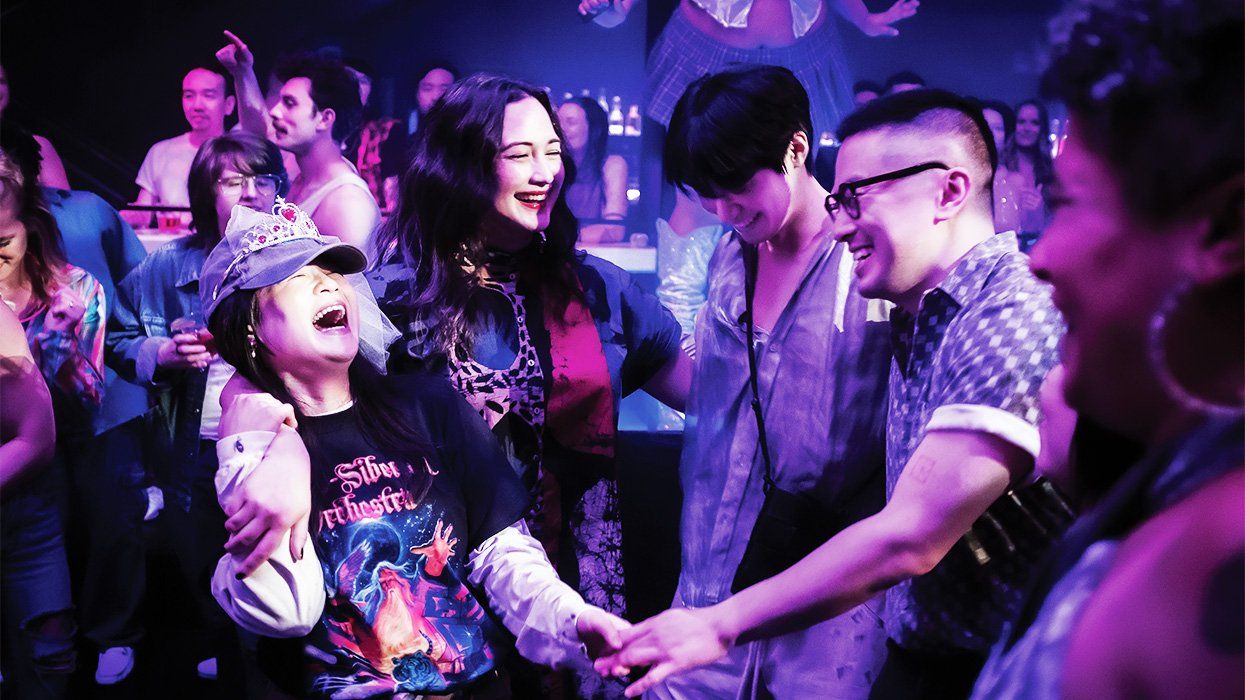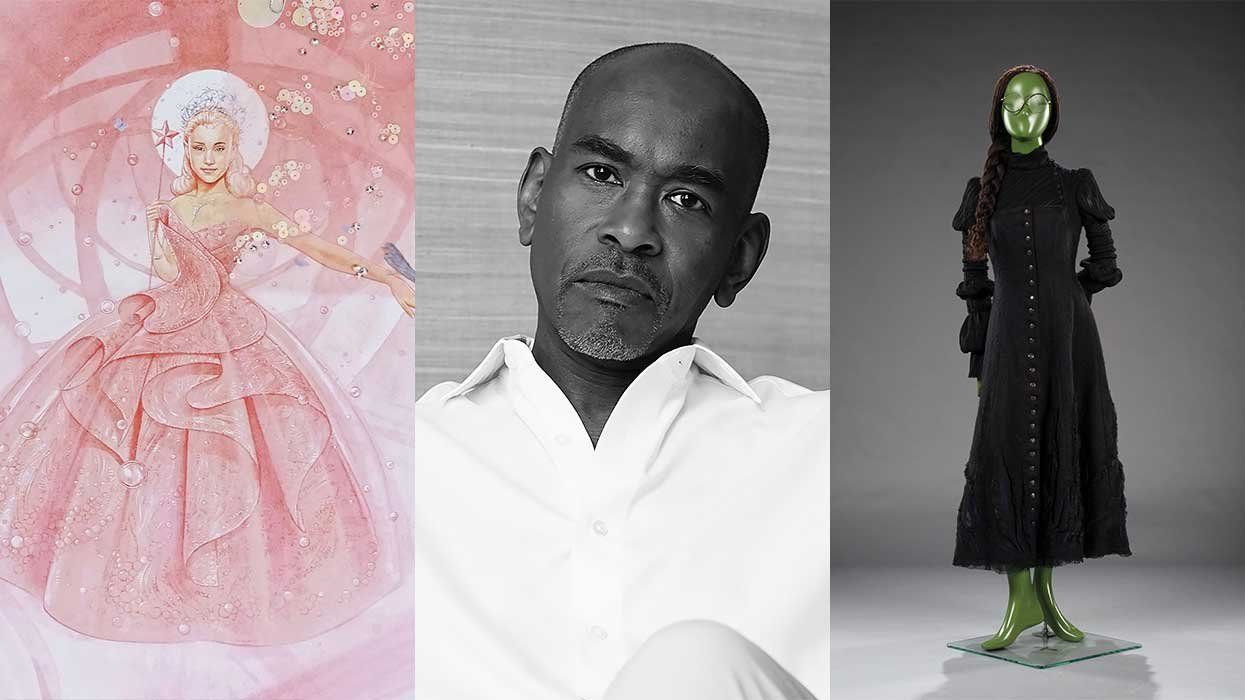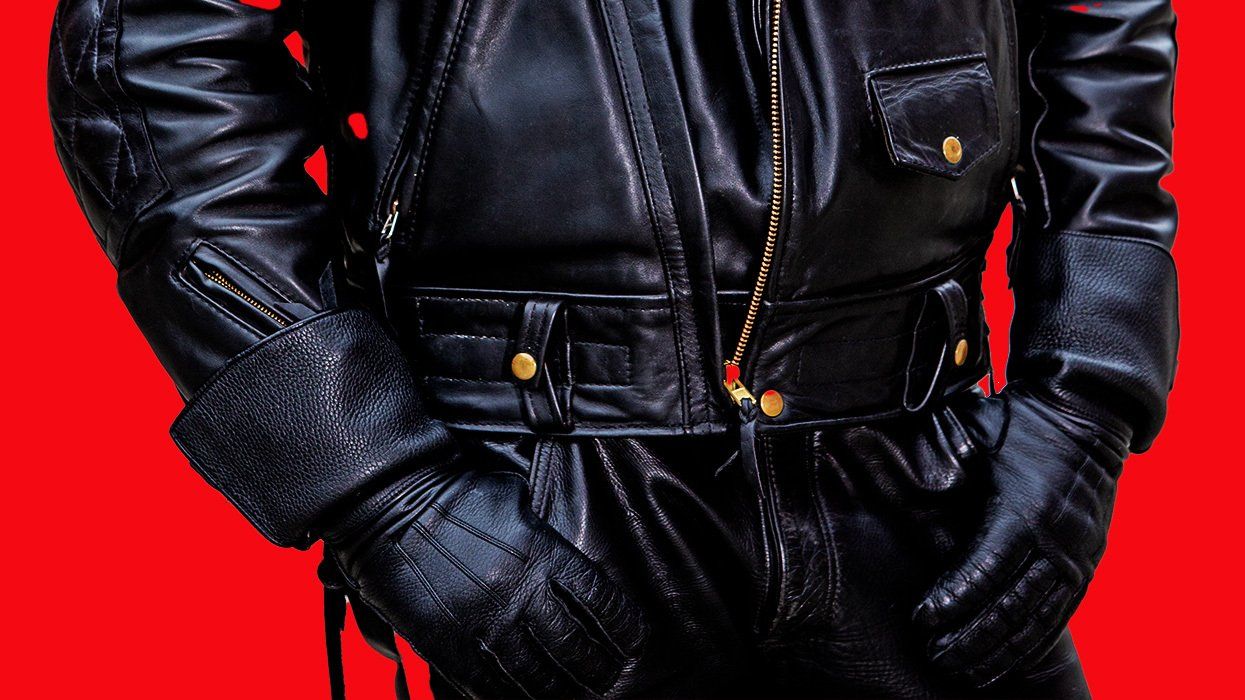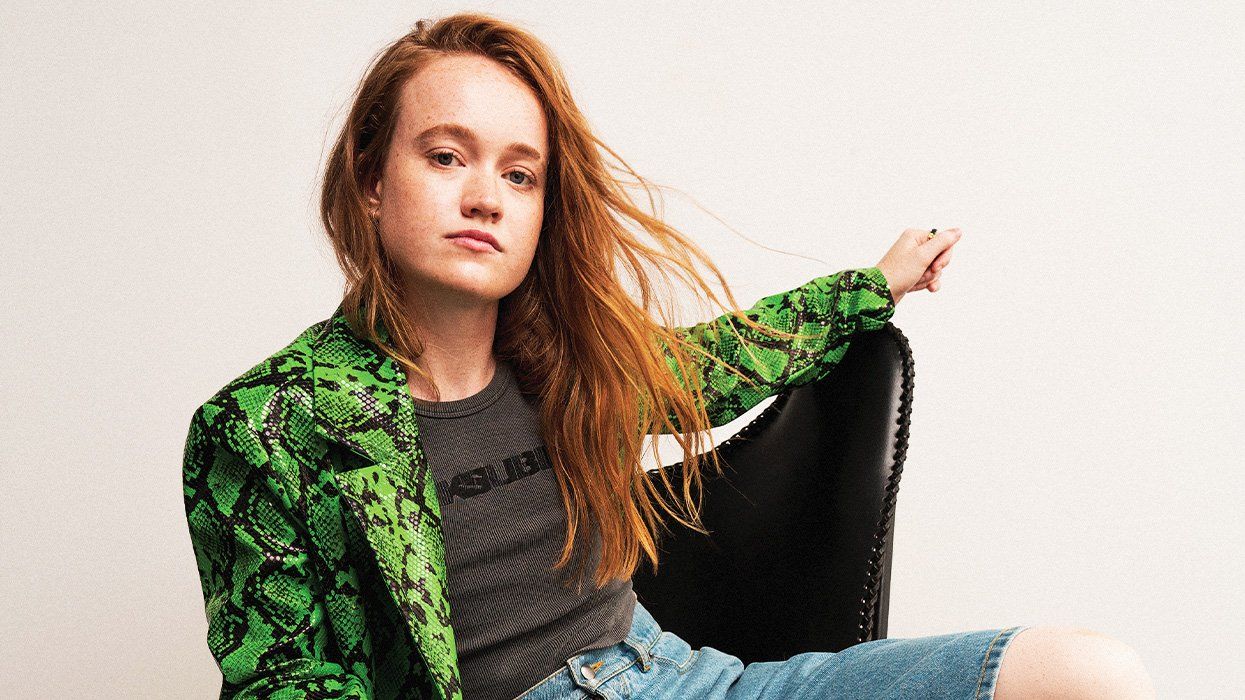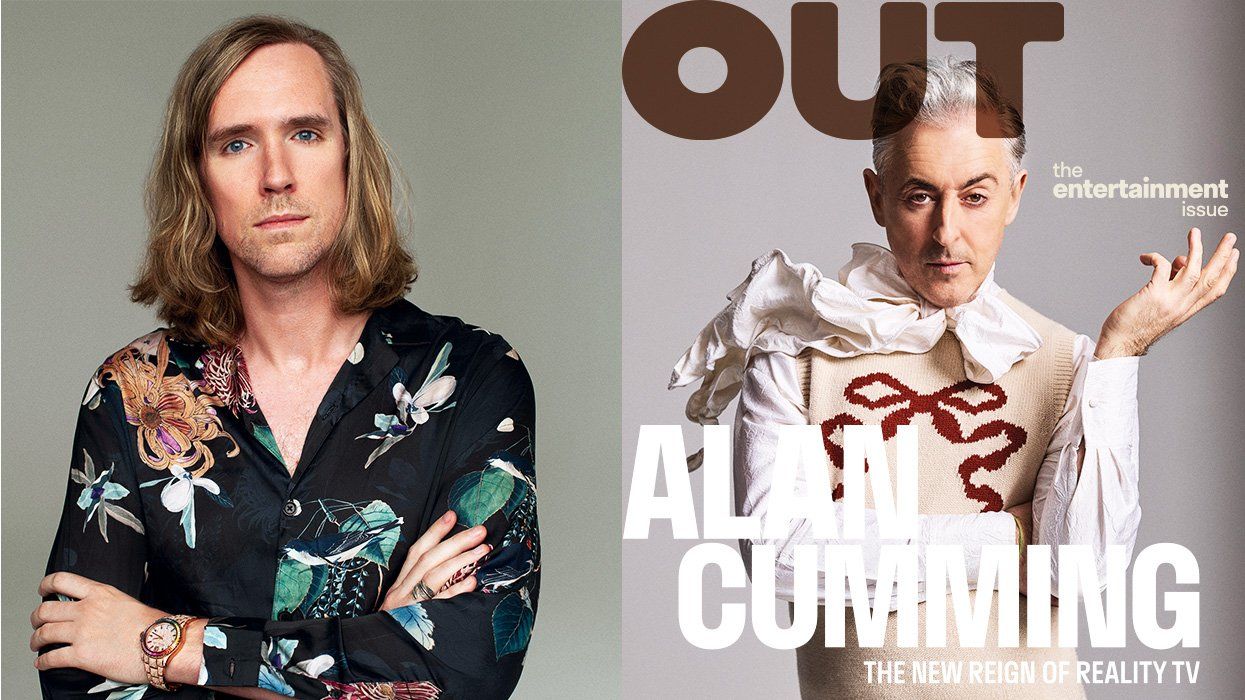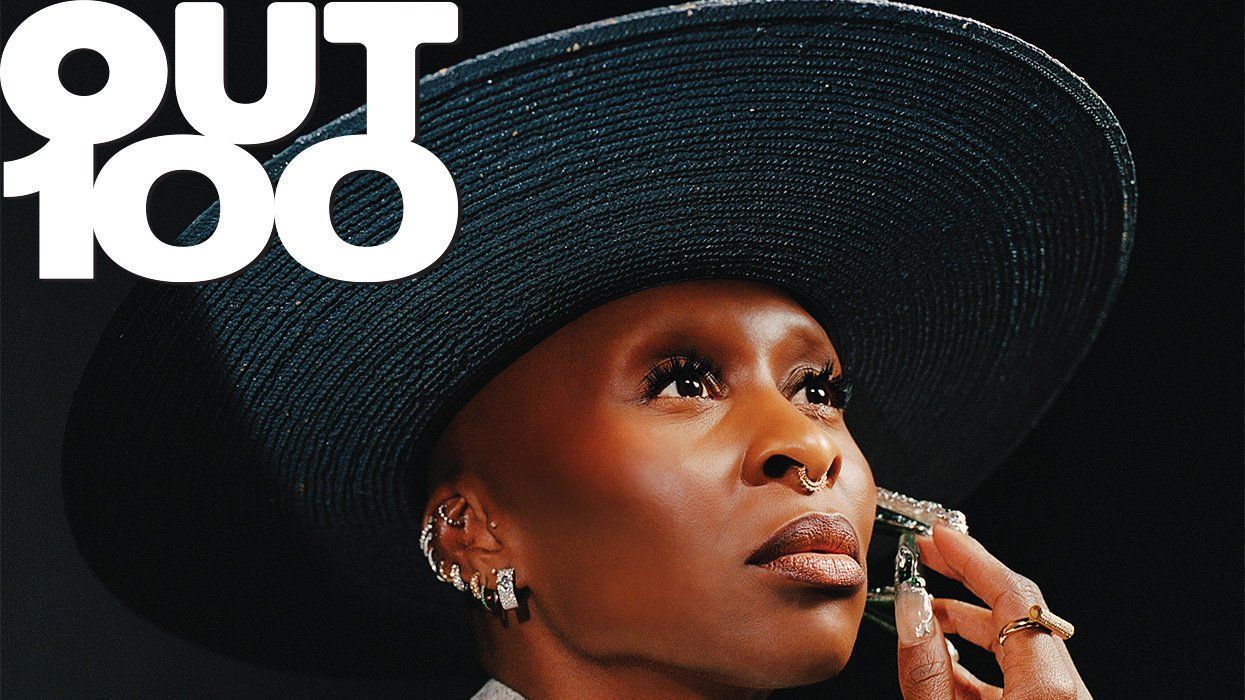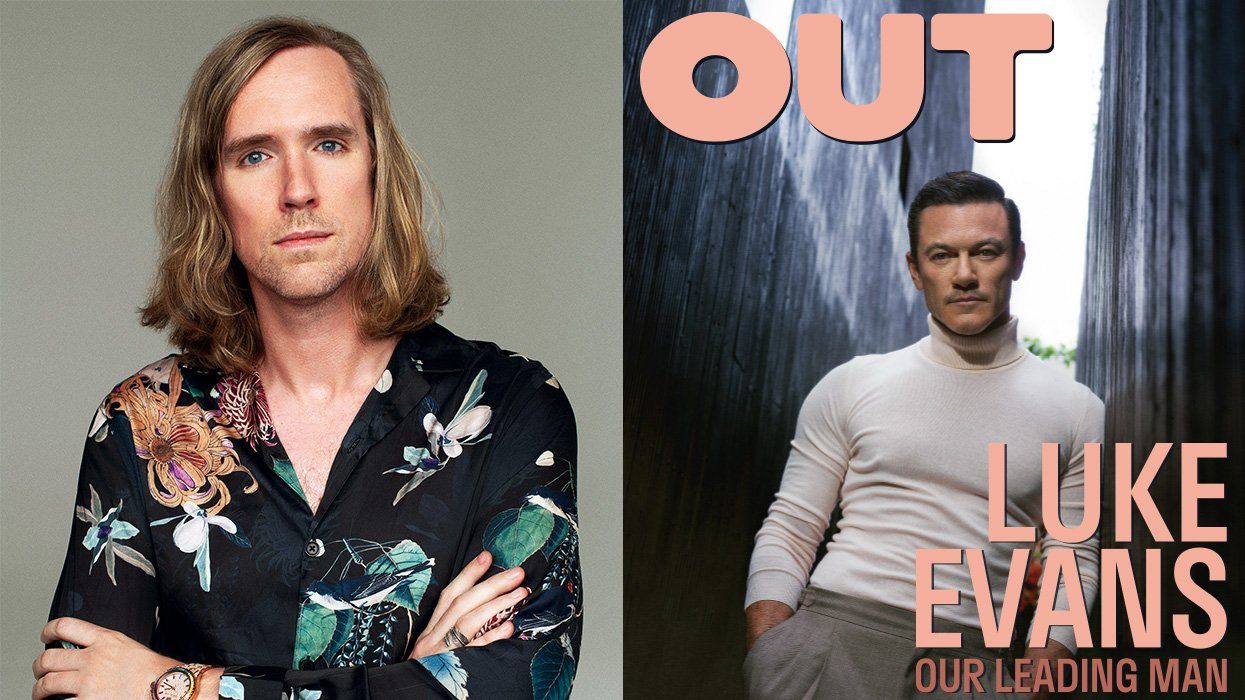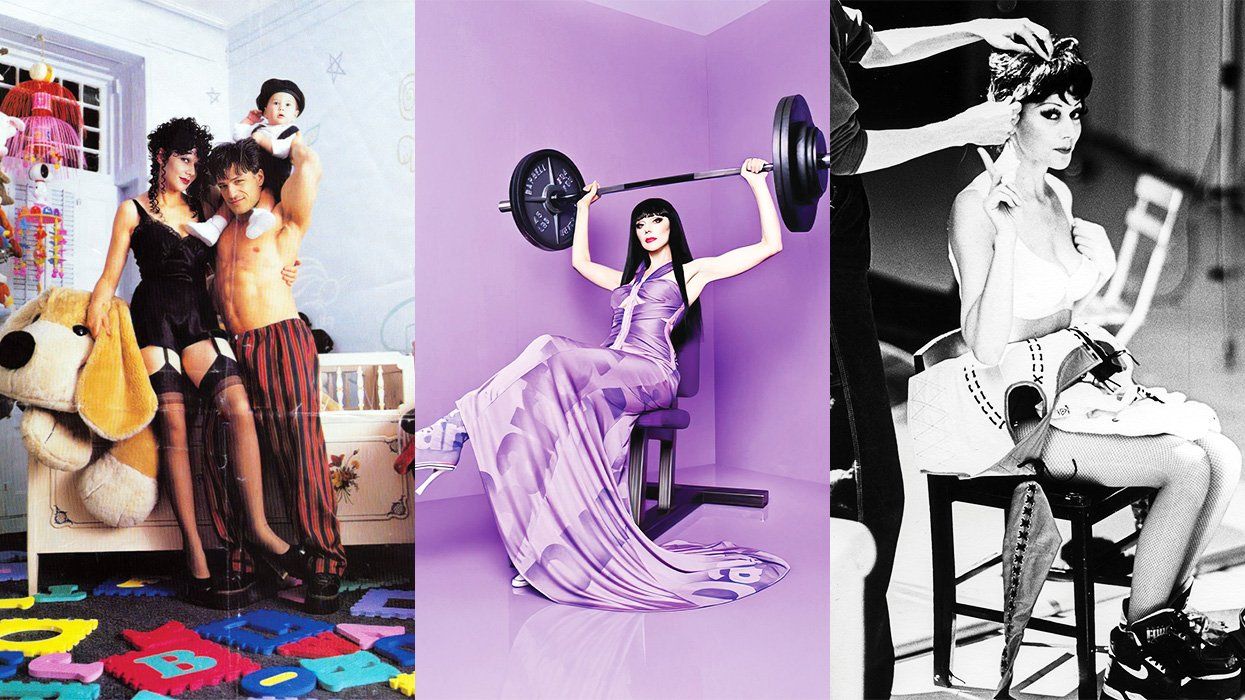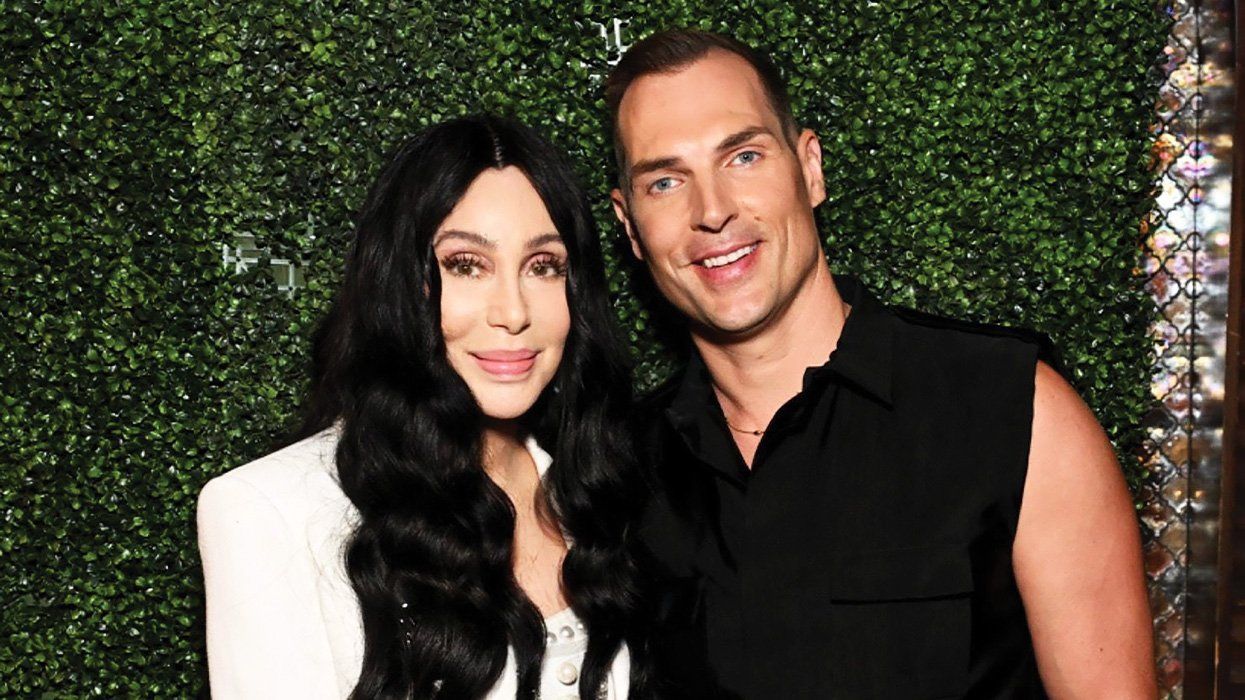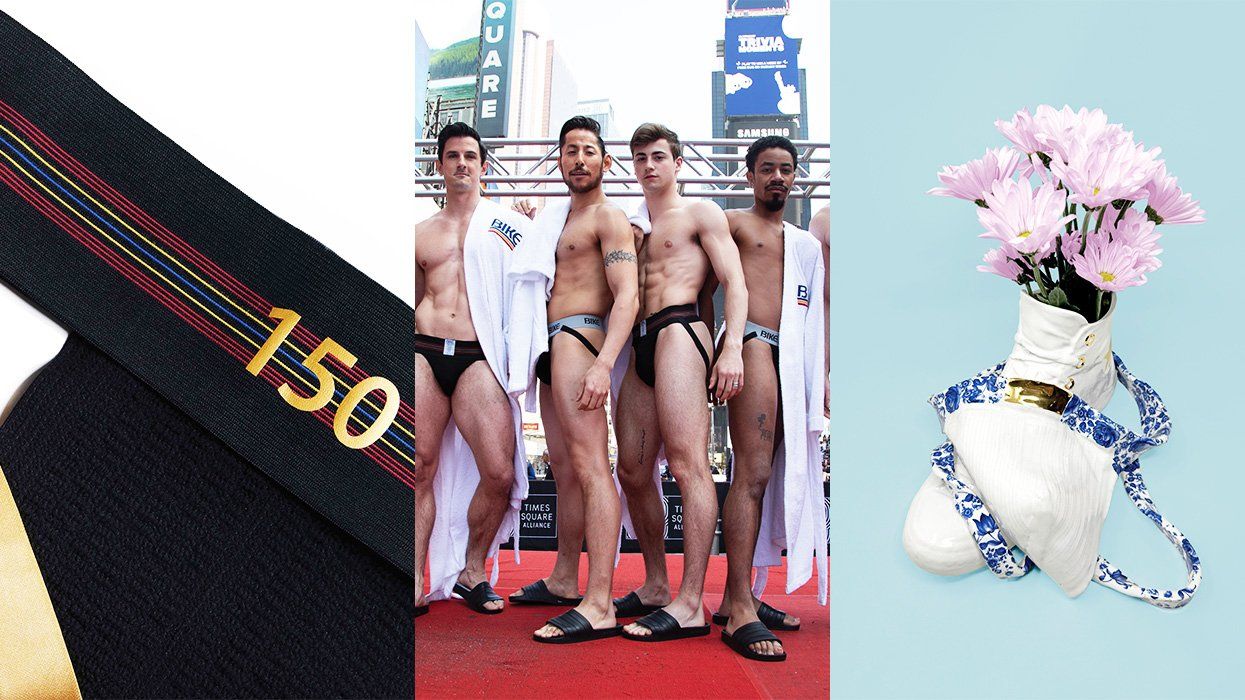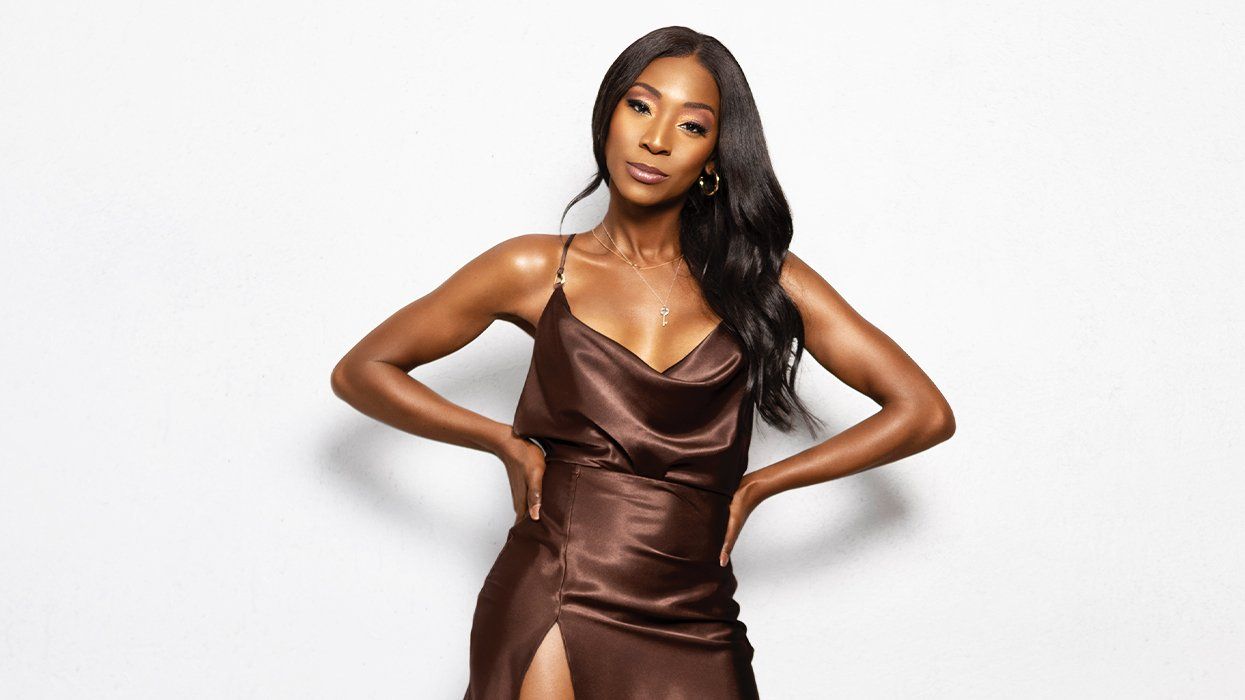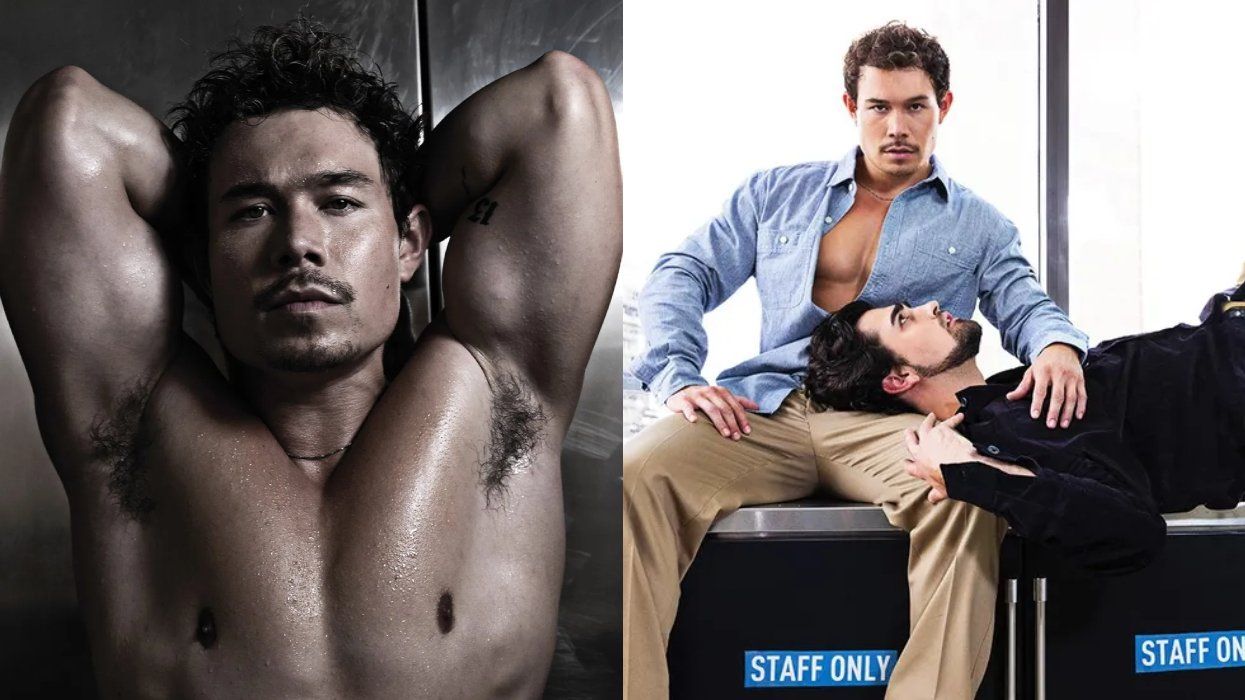Over the last year, a series of grassroots movements have pulled Chicago's history of discrimination and erasure of queer people of color into focus. As tens of thousands of Black Lives Matter protesters demonstrated across the world, local drag queens of color rose up to challenge the city's racist club culture that has historically excluded and mistreated them.
This summer, the "Drag March for Change," led by Chicago's own Queen Jo Mama and co-organized by Lucy Stoole, Luc Ami, Miss Toto, RuPaul's Drag Race stars Shea Coulee, The Vixen, and Dida Ritz, as well as activists Zola and Tatyana Chante, brought in over 15,000 protesters. All of them showed up demanding accountability for racist policing in the city and accountability for the mistreatment of Black performers by bar owners and managers.
Jo Mama has witnessed this mistreatment firsthand as a bartender and performer. She and Chante played integral roles in founding the new Chicago Black Drag Council, which holds forums to address racism in Boystown's drag scene. The council recently organized a conversation with over 20 general managers at several North Side venues about their discriminatory behavior and continue to ignite dialogue across the city about the nuances of micro-aggressions that Black drag queens, some of whom depend on their performance earnings to survive, face every night. To commemorate their induction into the Out100, Jo Mama and Lucy Stoole sat down to discuss the genesis of the movement and the future of Chicago's nightlife.
Lucy Stoole: I've always viewed Chicago as home. It's probably the first place in all my years of living that has actually felt like a home.
Jo Mama: I can relate to that. It became a safe home away from home for me. I moved here 12 years ago from Atlanta. I wanted to move to a city that was similar in pace and also was just as accommodating and welcoming. I've always loved that part about being in the Midwest, particularly in Chicago.
Lucy: You are one of the main reasons the "Drag March for Change" even happened. It's a huge point of pride in our relationship because that was a huge feat. I got to watch you take this on and really nail it.
Jo: It was the murder of George Floyd that really activated me and I think a lot of us. We've dealt with this a lot, especially as Black people, and we've grown up seeing it. I remember my father pointing out these things on the news and stopping me, saying, "Look I want you to see this and understand this." This one just really hit different for a lot of people. I saw this fire happening throughout the city. I felt extremely helpless. I woke up the next day thinking, I have to do something. So I led my own march by myself from my home up in Edgewater on the North Side, all the way to downtown. I ended up in front of Trump Tower and saw that the bridges were still raised. I couldn't reach the other side but I could hear the screams, I could hear the sirens, I could feel the horns. I felt even more helpless. I woke up the next day and found a march that was organized by Tatyana Chante, which brought about over 5,000 people. They organized the whole march in a day. I went in drag. I threw on this neon green lime pantsuit and went at it. People were like, "Oh my God, we came to find you. We saw that you were going in drag. We want to march with you. We want to do this." And that's what sparked the idea of using our platforms as drag queens to shine attention onto the issue and how we can really use that part of our voice to center what really needs to be centered right now. I contacted Tatyana and was like, "Am I crazy that I want to do this?" But once I realized it was really just about moving people from point A to point B safely, I just used my background with events as a drag queen to make that happen. You really don't know how prepared you are for something until you face it, but usually you're more prepared than you think. The network I've gained through knowing people like you and all the other performers helped me to create this whole event that brought out 15,000 people.
Lucy: 15,000 people. It's always crazy to hear that number. I'll never forget that moment of looking out in the crowd and going on that stage. It was monumental and important, especially that the drag community was doing this in Boystown. As we all know, racism permeates every part of our culture and being Black queer people, it's two times as hard. So it was really important to be having this conversation in that neighborhood, which is also another one of the most affluent neighborhoods in our city right now. To have us marching in that way and being seen in a way we had not been seen before and being heard in a way that we had not been heard before. It was phenomenal. I had already been on my journey of activism and trying to figure out the best way I can be of service to my community and my people, but that was the thing that really pushed me over the edge. We have got to make a firm change starting right now.
Jo: I knew we needed to have 12 [speakers] to mirror the 12 apostles to bear witness to what we'd all gone through. Everything about it was very intentional. I always repeat that because it's so important when you are creating anything expressively and you want to get your point across. I've learned to do so with intention. There's also a lot in Black spirituality about intention. It goes back to our own hidden history and our hidden religion that we had to hide back in the slave days. It's so important to keep it present in your mind and to have that intention, put it right on the forefront, to get something done. That's always helped me.
[At the march], there were little fights with keeping the police out of the situation because the mayor kept trying to butt in and we we're like, "We're not really doing this with you. You're kind of public enemy number one, so just back off and let us self-govern because we can. Your policing is literally killing us." That became a huge thing, as well as keeping everyone safe and hydrated and healthy, especially in the time of [this ongoing pandemic.] You played a huge role in helping to ground me and bringing more people in.
Lucy: I'm so excited what the Drag March has led to. It has started great things, like the Chicago Black Drag Council. I don't know if that would have happened or if we would have come together in that way if it wasn't for you and Tatyana kicking that off
Jo: I think community is the key. Also, history repeats itself if you don't correct it and move forward. I built off of what we'd already done before with the Civil Rights Act and looking back at the march for gay rights, and everything that was done before us with Marsha P. Johnson and how they organized it -- even reaching out to the circuit queens to use their big, huge white bodies for good.
Lucy: Exactly.
Jo: I think there's a responsibility that comes with so much privilege that we get as drag queens. We have to give back. I've learned that if we give people the opportunity, people are more than happy to take it. It's been rewarding to help that in any way and to take part.
This piece was originally published in this year's Out100 issue, out on newsstands 12/1. The issue has four cover stars: Janelle Monae, Wilson Cruz, Joe Mantello, and Janaya Khan. To get your own copy directly, support queer media and subscribe -- or download yours for Amazon, Kindle, Nook, or Apple News +. The full Out100 will be released Thursday, November 19, 2020. The first-ever Out100 Symposium, titled "How Do We Come Back From This" will stream on Out Friday and is set to be hosted by Janaya Khan. The first-ever Out100 Virtual Honoree Induction Ceremony will be Saturday, November 21, 2020 at 8 p.m. EST. You can watch live on the Out100 Live landing page.



